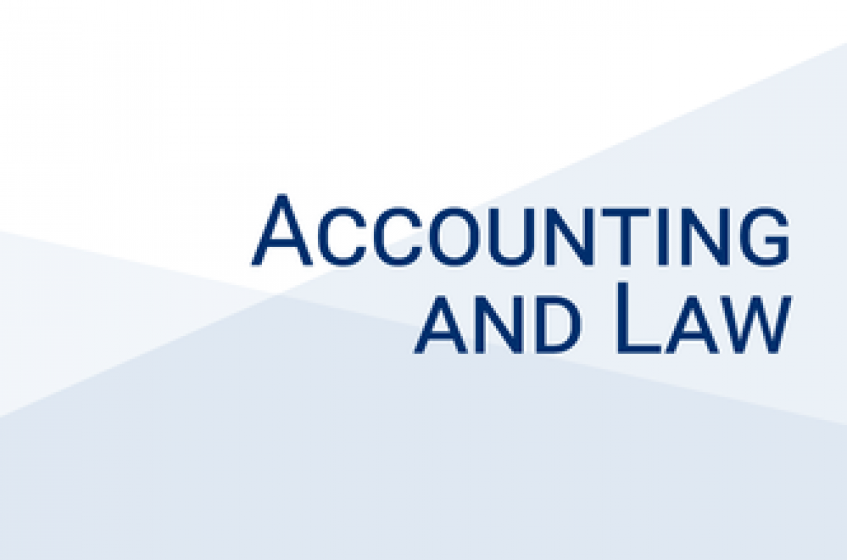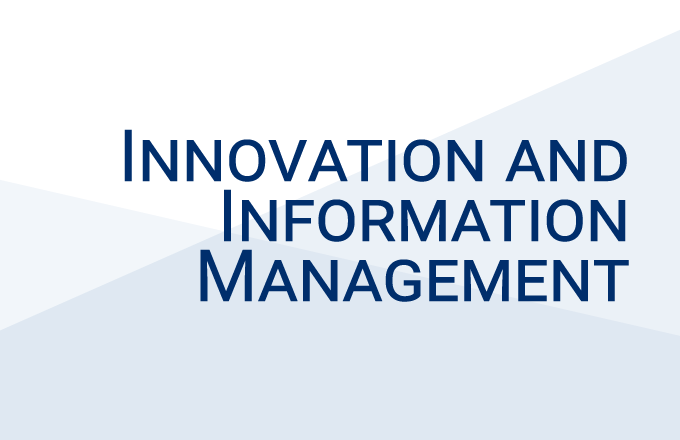Prosocial CEOs and Accounting Information Quality
Professor Weili Ge
Professor of Accounting
Michael G. Foster School of Business
University of Washington
This paper examines the association between chief executive officers’ (CEOs’) prosocial tendency and their companies’ accounting information quality. We measure CEOs’ prosocial tendency using their involvement with charitable organizations. Our results suggest that prosocial CEOs are less likely to manipulate financial statements, proxied by accounting irregularities identified by material non-reliance restatements and SEC or DOJ enforcement actions. Moreover, a company is less likely to have accounting irregularities and regulatory enforcement actions after a prosocial CEO replaces a non-prosocial CEO than after other types of CEO replacements. The effect of prosocial CEOs on accounting manipulations is concentrated in situations where firms are under financial distress, when chief financial officers are also prosocial, and when the direct aim of the charitable organization(s) that CEOs are involved with is to improve the welfare of people in need. Further, we find that prosocial CEOs are less likely to withhold bad news and issue more earnings forecasts. Taken together, our results suggest that prosocial CEOs, who are less subject to the agency problem, provide higher quality accounting information to investors than non-prosocial CEOs.


















